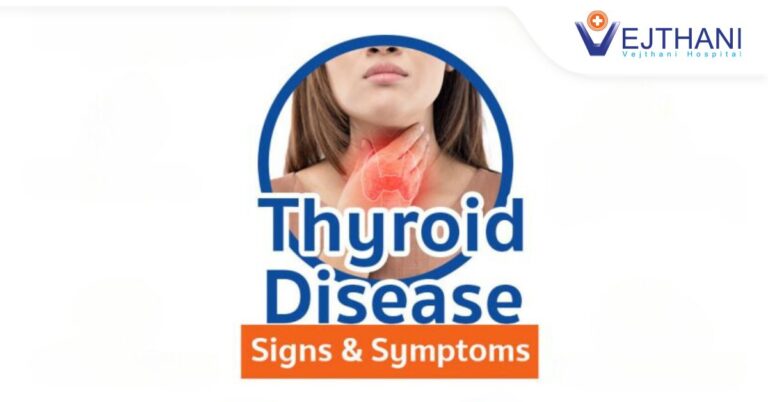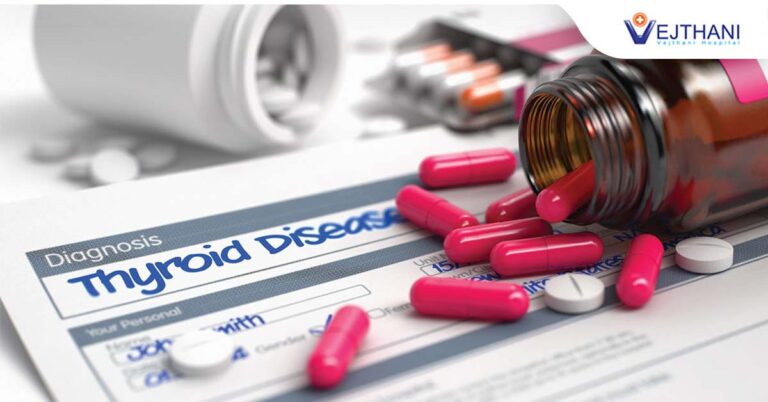

Hyperthyroidism Affects the Entire Body
The thyroid is one of the largest endocrine gland located in front of the neck. It produces and stores hormones to regulate many important functions to keep the body working in balance. The thyroid needs mineral called “iodine” to produce hormones. If you get too much or too low levels of iodine, it can weaken the thyroid function and can affect your entire body.
The Important Roles of Thyroid Hormones
- Primarily affects growth and development.
- Essential for proper brain development and involved in the modulation of mood.
- Controls metabolism and body temperature.
- Helps heart, muscles, bones, and other organs to function well.
Thyroid hormones greatly affect multiple functions of the human body. If your thyroid is too active, it produces too much hormones and can absolutely affect your body functions. This problem is called “Hyperthyroidism”. The symptoms vary between individuals and affect nearly every organ.
The Effects of Hyperthyroidism
- Cardiovascular system: fatigue, irregular heart rate and heart failure.
- Neurological system: hand shaking, frustration, difficulty sleeping, restlessness and loss of focus.
- Integumentary system (skin): sweating, hair fall, pretibial myxedema (skin thickening in grave’s disease) and fragile nails.
- Eyes: protruding eyeballs and excessive tearing or discomfort in the eyes.
- Metabolic system: significant decrease in body weight.
- Reproductive system: abnormal menstruation or absent menstruation.
- Muscular system: muscle weakness and hand shaking.
- Neck: enlarged thyroid and swollen neck.
Thyrotoxicosis Causes
- Hyperthyroid: Thyroid gland produces too much thyroid hormone.
- Thyroiditis: Thyroid gland becomes inflamed and releases excessive amount of hormone.
- Getting too much thyroid hormone through dietary supplements.
- Taking some medications that can increase the levels of thyroid hormone.
- Severe morning sickness during pregnancy can increase the production of thyroid hormone.
- Some pituitary tumors can cause the pituitary gland to produce too much thyroid hormone.
How to Treat Hyperthyroidism?
The most common treatment for hyperthyroidism includes anti-thyroid medications, radioactive iodine, and surgery. In order to choose the best approach, your doctor will take into consideration your age, your physical condition, and the severity of the disorder.
Patients with hyperthyroidism should take prescription medication regularly and avoid risky behaviors such as high iodine content food, smoking or even pregnancy. And it is important not to ignore any abnormal symptoms because it might be a sign of a serious condition.
- Readers Rating
- Rated 5 stars
5 / 5 ( Reviewers) - Spectacular
- Your Rating





























